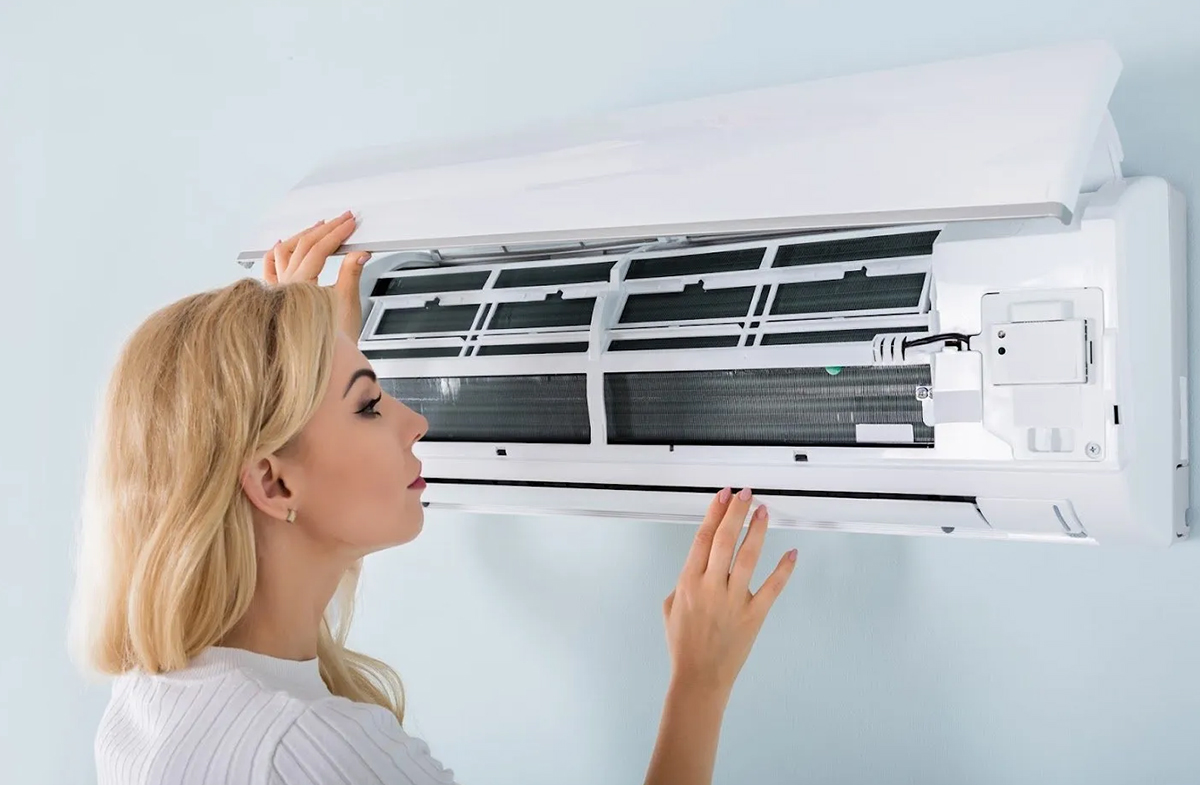Your HVAC system can serve you well for a long time if you keep to a consistent maintenance schedule. While some active components are built to last, they can slowly develop issues that could threaten the efficiency of your HVAC system.
Unfortunately, some problems can occur without your knowledge. The necessary repairs could cost you a lot of money, something you may not have prepared for. In addition, frequent repairs can significantly reduce your system’s lifespan and overall functionality. But with these preventative maintenance tips, you can get ahead of any potential problems before they become a nightmare.
1. Check Your Air Filter
The air filter is an essential part of your air conditioning system. Besides ensuring clean, breathable air inside your home, the filter also promotes the operational efficiency of your system.
But a dirty or clogged air filter can create a myriad of problems with your HVAC system. Your system has to work harder to ensure proper airflow across the blocked filter. In doing so, the inner fan motor can deteriorate from gradual wear and tear. In addition, your system may overheat and eventually break down much quicker than you’d expect.
Still, a clogged filter can cause dust and solid debris to enter your home. You and your family members may develop allergies and respiratory problems due to the poor air quality.
To avoid these possibilities, you may have to replace your air filter regularly. Examine your filter occasionally to keep a close eye on accumulated dirt and clogs. If your filter is reusable, be sure to clean it off after a while to prevent dirt buildup.
2. Pay Attention to Strange or Unusual Noises
Odd noises from your system may be a good sign that something isn’t working right. Oftentimes, strange noises may be a result of loose connections, excessive debris, or blockages.
If you can narrow down on the source, you could potentially increase the chances of catching the issue early. But if you’re unable to tell where the noises are coming from, you can contact a reputable HVAC technician to come take a look. They may suggest an in-depth system inspection that might uncover more issues than you may be aware of.
3. Keep Windows Closed
You might think that open windows are the perfect thing to complement an AC unit. However, due to the nature of how an AC unit works, open windows are a bad idea.
First, open windows allow cool air from the AC to escape while also bringing in hotter air from the outside. Additionally, open windows might also increase your humidity, bring in dust that covers crucial AC components, cause air filters to clog faster, and even freeze coils. All of these can cause your AC to work harder or need extensive repairs, which, in turn, can cause you to spend more money on energy bills or repair costs.
Instead, simply keep your windows shut so that the AC can provide the cool relief you need without stressing the unit out.
4. Adjust Your Thermostat
If your system uses a programmable thermostat, you may adjust home temperatures to ensure better system efficiency.
You can adjust the settings during those days when nobody is home. You can also reprogram your thermostat to a lower setting before you go to bed. Doing so saves a lot in monthly utility bills and protects your HVAC system from becoming overloaded.
For better context, you could set the temperature back 7 to 10 degrees for 8 hours each day. If you can maintain this habit, you could shave off about 10 percent from your monthly energy bills and still prolong your system’s lifespan.
Contact us at D&R Service, Inc. today for more information on how to protect your HVAC system.



